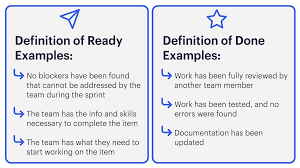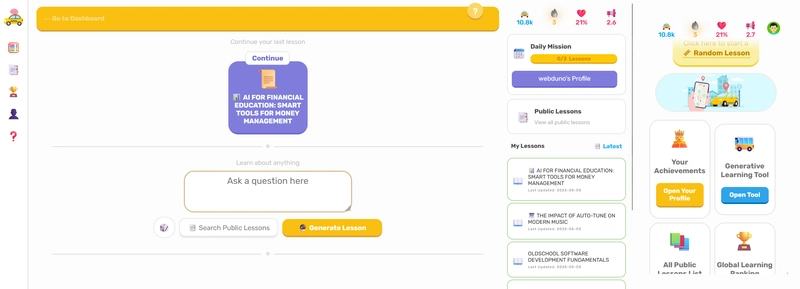Introduction
While native languages give you raw power, frameworks are built for momentum. They abstract away the low-level stuff and let you ship faster, focus on features, and avoid reinventing the wheel.

But what's the real cost of using a framework?
Are you trading control for convenience? Speed for productivity?
Let’s unpack the real reasons devs love frameworks—and the hidden trade-offs you may not realize until later.
1️⃣ Why Developers (Still) Love Frameworks
✅ Rapid Development
Frameworks let you:
- Spin up projects in minutes
- Skip boilerplate
- Get to "business logic" faster
🔹 React, Vue, Svelte → Handle UI state, routing, rendering
🔹 Django, Rails, Laravel → Give you ORM, auth, migrations, templating out of the box
🔹 NestJS, FastAPI, Spring Boot → Offer structure + flexibility in backend systems
✅ Developer Experience (DX)
Frameworks often come with:
- Dev servers with hot reload
- CLI tools and generators
- Convention-based routing
- Built-in testing, linting, bundling
💡 These things don’t make your app better, but they make your dev life better—especially in a team.
✅ Community & Ecosystem
Popular frameworks have:
- Tons of libraries and plugins
- Rich documentation and examples
- Answers on Stack Overflow
- Community support
🔹 React + Tailwind + Next.js? You’ll find a tutorial for that.
🔹 Django + Celery + Redis? There’s a whole ecosystem around it.
📌 The more popular the framework, the faster you can solve problems—without having to become an expert in every subsystem.
2️⃣ The Real Cost of Frameworks
❌ Abstraction = Blind Spots
The more a framework does for you, the less you understand about what’s actually happening.
📌 You might know how to use .map() in React, but not how the virtual DOM diffing works.
📌 You might deploy with Django’s ORM, but never learn how SQL joins really behave.
This makes debugging harder—especially when something breaks outside the happy path.
❌ Performance Overhead
Frameworks add layers—routing, component trees, reflection, decorators…
This can lead to:
- Slower boot times
- Larger bundles
- Memory bloat
- Event handler sprawl
🔹 Example: React apps with 50+ components and 1MB+ of JavaScript before rendering anything.
📌 Native apps and minimal libraries usually outperform bloated framework stacks.
❌ Dependency Hell & Framework Lock-In
The more you depend on framework-specific tools:
- The harder it is to migrate away
- The more painful updates become
- The more you have to trust third-party maintainers
💥 One breaking change or deprecated package can cost hours (or days) of rework.
3️⃣ Frameworks Shine in the Right Context
Let’s be fair—frameworks aren’t bad. They just need to fit the project size, team experience, and long-term goals.
🔹 Great Use Cases for Frameworks:
- MVPs and prototyping
- SaaS dashboards and admin panels
- Internal tools
- Rapid iteration with small teams
🔸 When to Be Cautious:
- Low-level performance needs (e.g., game dev, real-time tools)
- Complex edge cases where framework abstractions fight your logic
- Large-scale projects with long lifespans and multiple teams
4️⃣ Frameworks Keep Evolving
Frameworks aren’t static—many are trying to reduce their own complexity.
Modern trends:
- Svelte → compiles away at build time
- Qwik → resumes instead of rehydrating
- HTMX → goes back to basics with HTML-over-the-wire
- Fresh (Deno) and SolidJS → prioritize minimalism and DX
📌 The ecosystem is responding to its own bloat—and trying to bring us closer to the metal again.
💡 Final Thoughts: Frameworks Are Power Tools—Use Them Wisely
✔ Frameworks are amazing for speed, productivity, and collaboration
✔ But they come with abstraction, overhead, and long-term baggage
✔ Know what’s under the hood, so you’re not helpless when things break
✔ Choose frameworks that fit the project, not just the hype
💬 Your Thoughts?
What’s your go-to framework? Have you ever hit the limits of one and regretted it? Let’s share war stories in the comments!
Enjoying the content? If you'd like to support my work and keep the ideas flowing, consider buying me a coffee! Your support means the world to me!




